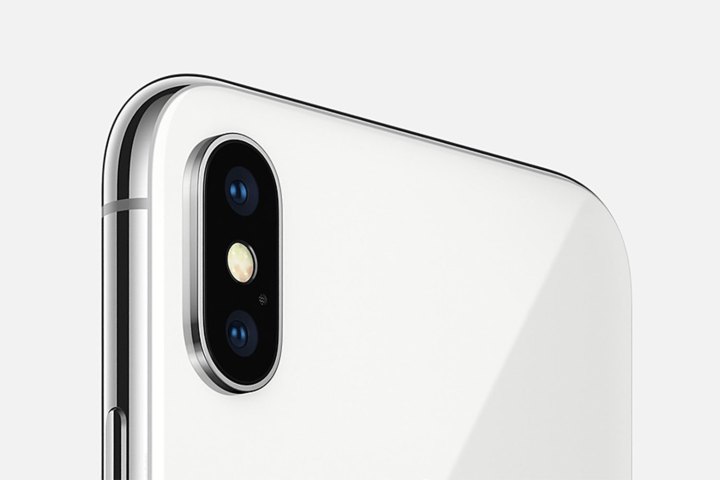
Apple is being sued over the dual-lens camera tech used to power the exceptionally capable camera suites in the iPhone X, iPhone 8 Plus, and iPhone 7 Plus smartphones.
In a claim that originated in November 2017, Israeli firm Corephotonics alleges that Apple unlawfully copied its dual-lens technology after being rebuffed for a potential partnership. According to Corephotonics, after Apple refused the offer of an alliance, it then went on to develop its own version of the camera tech anyway. According to Reuters, Apple praised the tech during a meeting with Corephotonics Chief Executive David Mendlovic, and after refusing to license it, apparently made a comment that it could simply bypass the patents on the hardware without consequence.
“Apple’s lead negotiator expressed contempt for Corephotonics’ patents, telling Dr. Mendlovic and others that even if Apple infringed, it would take years and millions of dollars in litigation before Apple might have to pay something.”
The lawsuit originally only concerned the dual-lens iPhone 7 Plus, but has been expanded to include the other dual-lens camera phones under the Apple iPhone brand — the iPhone X and the iPhone 8 Plus. Corephotonics’ patents concern the construction of a telephoto zoom within the extremely small confines of a smartphone, and how this technology would interact within a dual-lens system to create a combination of optical and digital zoom.
The crux of the allegation against Apple appears to be that the technology was shown to Apple before Apple then went on to develop its own version — the implication being that Apple simply lifted the techniques and put them into its own camera designs. Apple has been granted patents for its own cameras.
According to Patently Apple, one of the patents included in the updated lawsuit was only granted in January 2018 — after both the iPhone 8 Plus and iPhone X were released to the public, raising questions of how an ungranted patent was willfully infringed on before it had been granted. Regardless, this may well become a thorny issue for Apple, which is no stranger to lawsuits, having been engaged in multiple legal battles against some of the largest names in the tech industry.
Editors' Recommendations
- This one Apple Fitness feature completely changed how I exercise
- An Apple insider just revealed how iOS 18’s AI features will work
- iPhone 16: news, rumored price, release date, and more
- iPhone SE 4: news, rumored price, release date, and more
- 3 reasons why I’ll actually use Anker’s new iPhone power bank


